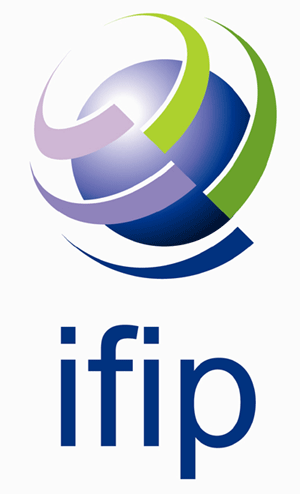
on System Modelling and Optimization
SophiaTech Campus
Sophia Antipolis, France
June 29-July 3rd, 2015
Compressed Sensing and Medical Applications
Organizers:
A. Schindele, A. Borzi, and H. Kostler (Institut fur Mathematik, Univer-
sitat Wurzburg, Germany)
Abstract:
In many applications in medicine and engineering the examination of images like organs in the human body play an important role. The acquisition of these images may be
quite expensive. In order to accelerate this aqcuisition process one can measure a small
part of the whole data set and reconstruct the exact signal afterwards. The reconstruction of undersampled data is radically improved by the compressed sensing theory that
investigates the necessary assumptions where exact reconstruction of the undersampled signal is obtained. The reconstruction involves nonsmooth l1-minimization, which
requires sophisticated numerical optimization algorithms. From the application point of
view the l1-minimization is highly used in magnetic resonance imaging (MRI), where
the scanning duration can be reduced significantly. MRI is one of the most important
diagnosis tool in medicine. In this mini-symposium, we discuss recent developments
of the compressed sensing theory and the numerical solutions by using l1-minimization
algorithms as well as their application MRI.